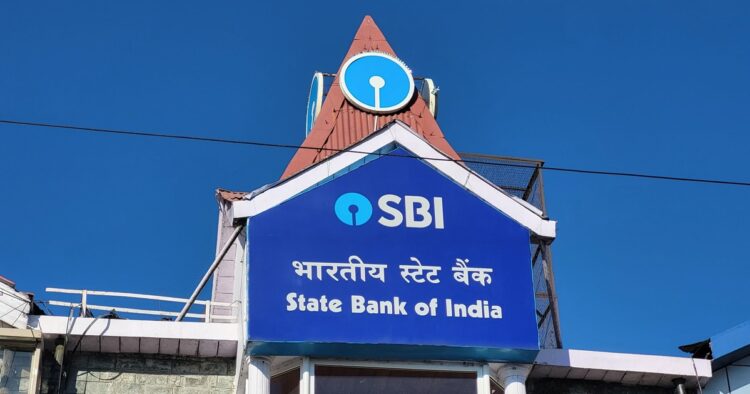In a significant development, the Supreme Court has directed the State Bank of India (SBI) to disclose details regarding electoral bonds to the Election Commission of India (ECI) by the close of business hours on Tuesday, March 12. The apex court’s decision comes following SBI’s plea seeking an extension of time until June 30 to reveal these details, a request which was dismissed by the court.
A five-judge constitution bench, led by Chief Justice DY Chandrachud, not only rejected SBI’s plea for an extension but also warned the country’s largest public sector lender of potential consequences for “wilful disobedience” if it fails to comply with the court’s directives and deadlines. SBI has been ordered to disclose information regarding the electoral bonds encashed by political parties, with the EC instructed to publish this information on its official website by 5 pm on March 15.
According to reports, SBI has stated that it is prepared with the data on electoral bonds, emphasizing the importance of mapping the data to prevent discrepancies. The bank highlighted that customers can no longer claim anonymity as the disclosure has been mandated by the Supreme Court, indicating its readiness to comply with the court’s orders.
The electoral bonds scheme, a controversial initiative of the Centre allowing anonymous political funding, faced criticism and was eventually declared “unconstitutional” by the Supreme Court in a landmark verdict delivered on February 15. The court ordered the disclosure of donors, the amount donated, and the recipients by March 13, leading to the closure of the scheme.
As part of its directives, the apex court instructed SBI to submit details of electoral bonds purchased since April 12, 2019, till date to the poll panel by March 6. The court’s decision came amidst separate pleas seeking contempt action against SBI for alleged willful disobedience of its directives. The bench noted that SBI’s submissions in the application indicated that the required information was readily available.
This development marks a significant step towards transparency in political funding, as the Supreme Court upholds accountability and ensures the disclosure of crucial information regarding electoral bonds, thereby fostering greater transparency and integrity in the electoral process.

















Comments